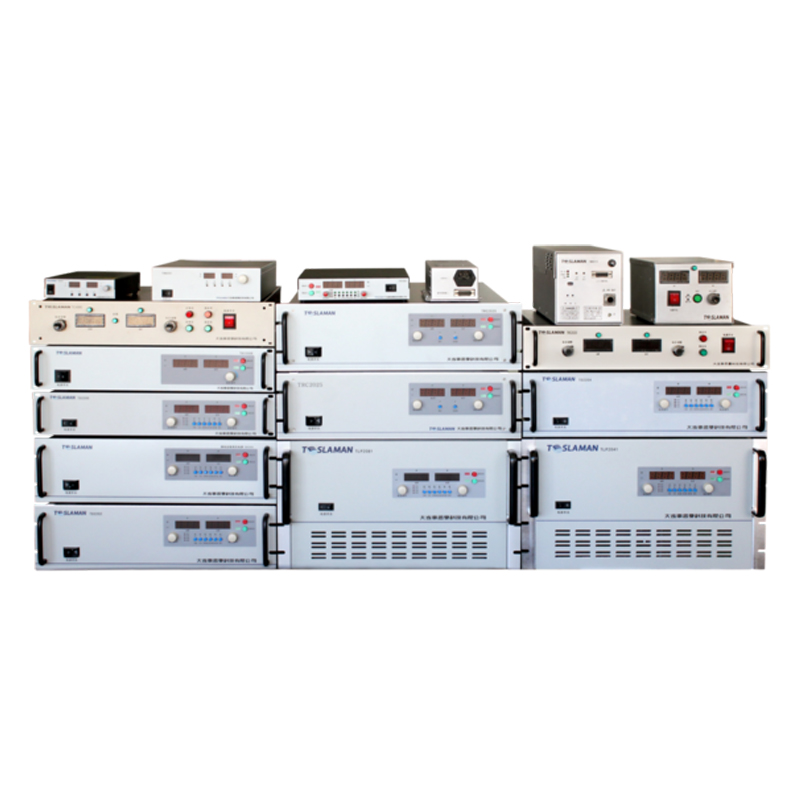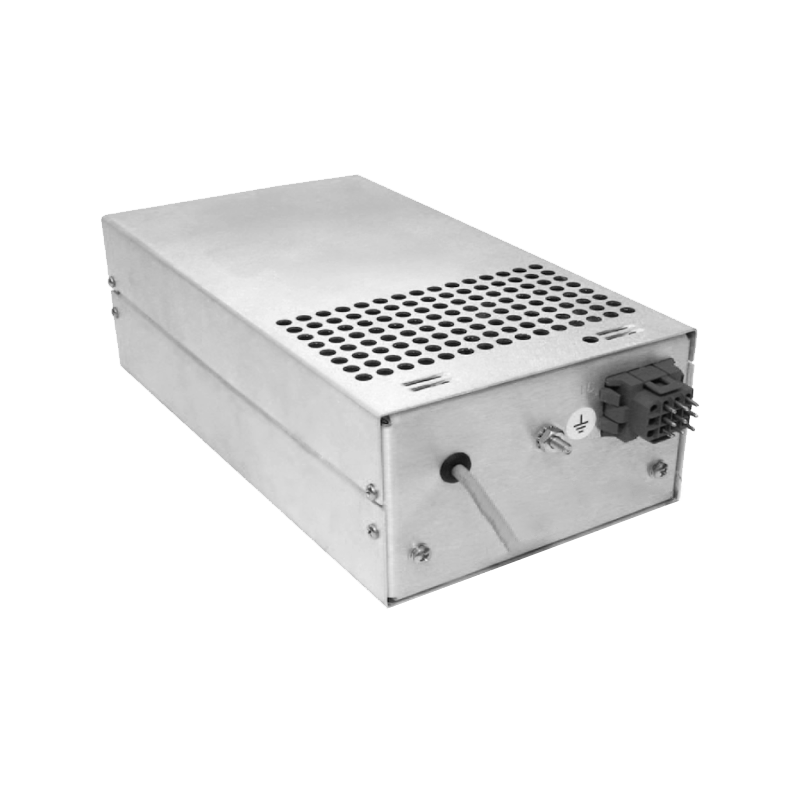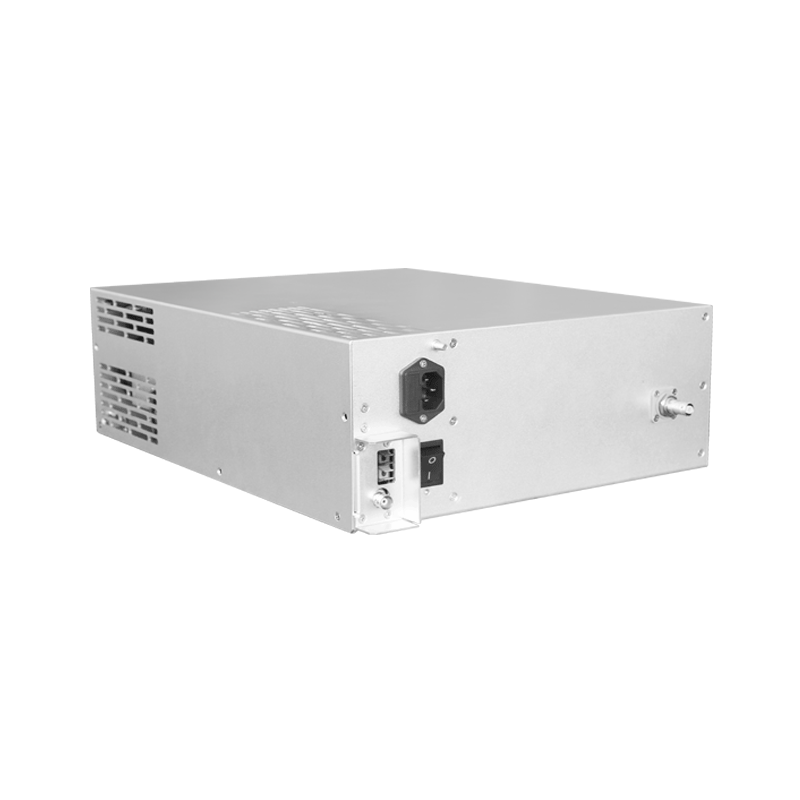Application of High-Voltage Pulse Power Supply in High-Energy Physics Experiments
In the forefront of high-energy physics experiments, the high-voltage pulse power supply plays a crucial and vital role. Its unique performance provides powerful support for exploring the mysteries of the microscopic world.
High-energy physics experiments often require precise control and acceleration of microscopic particles, such as electrons and protons. The high-voltage pulse power supply is capable of outputting high-voltage pulses within an extremely short period. This characteristic enables it to provide the necessary electric field for particle accelerators, achieving the acceleration and focusing of particles. For instance, in a linear accelerator, the pulsed electric field generated by the high-voltage pulse power supply can enable particles to obtain extremely high speeds over a short distance, thus meeting the experimental requirements for particle energy.
In the detector system, the high-voltage pulse power supply also plays an indispensable role. Detectors need to respond to the generation and interaction of particles within an extremely short time. The fast pulse signals provided by the high-voltage pulse power supply can trigger the sensitive elements of the detector, enabling it to accurately capture the information of particles. Meanwhile, the high-voltage pulse power supply can also provide a stable high voltage for the electronic system of the detector, ensuring its normal operation and improving the sensitivity and resolution of the detector.
In addition, the high-voltage pulse power supply also plays a key role in some special high-energy physics experiments, such as plasma physics experiments. In plasma experiments, it is necessary to use the high-voltage pulse power supply to generate and maintain the plasma state. High-voltage pulses can ionize the gas, transforming it into a plasma, and then study the properties and behaviors of the plasma. By precisely controlling the parameters of the high-voltage pulse power supply, such as pulse amplitude, width, and frequency, etc., the density, temperature, and stability of the plasma can be adjusted, providing a powerful means for in-depth research on plasma physics.
However, the application of high-voltage pulse power supplies in high-energy physics experiments also faces some challenges. On the one hand, due to the extremely high requirements for the stability and accuracy of the power supply in high-energy physics experiments, any slight fluctuation may affect the accuracy of the experimental results. Therefore, it is necessary to continuously optimize the design and control strategy of the power supply to improve its performance. On the other hand, when the high-voltage pulse power supply generates high-voltage pulses, it will produce electromagnetic interference, which may have an impact on experimental equipment and other electronic systems. Therefore, effective electromagnetic shielding and filtering measures must be taken to solve this problem.
In conclusion, as a key device in high-energy physics experiments, the high-voltage pulse power supply has a wide and important application in aspects such as particle acceleration, detector triggering, and special experiments. With the continuous in-depth development of high-energy physics research, higher requirements are put forward for the performance and reliability of high-voltage pulse power supplies. It is necessary for researchers to continuously carry out technological innovation and improvement to promote the further development of high-energy physics experiments.




















